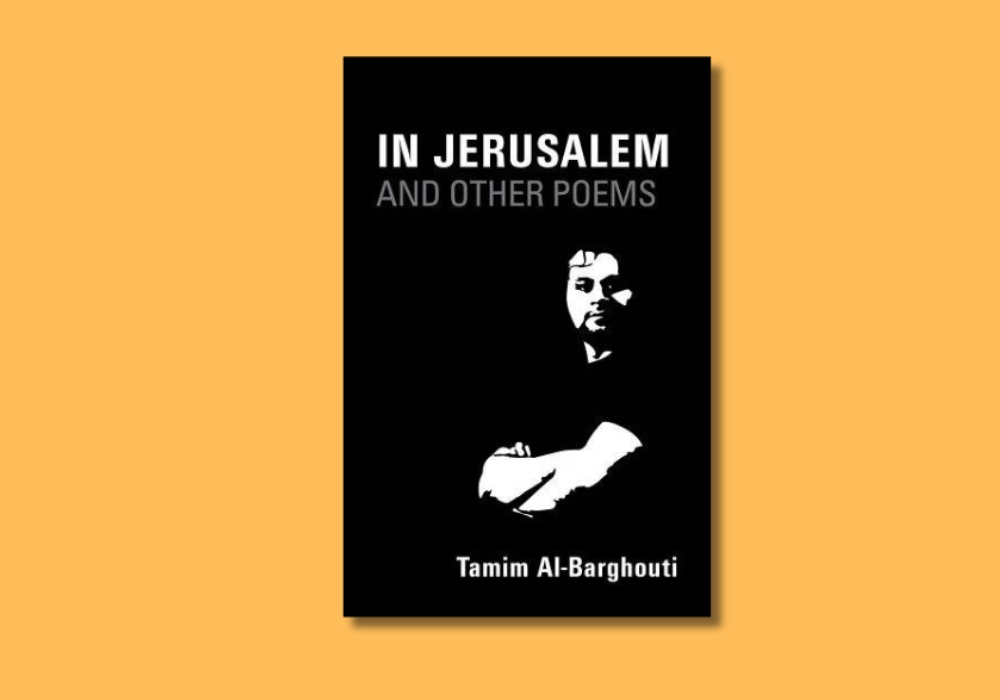Words Without Borders is thrilled to announce the public launch of our online education program, WWB Campus, which offers students and educators a window into other cultures through literature.
The resource makes contemporary international literature in translation accessible for classroom study. Each piece of literature is paired with a virtual toolbox of multimedia materials that help students to engage with a text and educators to teach it. Through exposure to contemporary stories from around the world, WWB aims to inspire students to become readers of international literature and global citizens.
Founder and president of WWB Alane Salierno Mason shares:
“WWB Campus sets out to broaden the horizons of U.S. students, enriching their education in literature, culture, and foreign affairs all simultaneously. This is the natural next step for an organization founded to help foster international communication through literature, and it couldn’t be more timely.”
The site launches with units of writing by sixty-six authors from China, Egypt, Russia, Mexico, and Japan, including pieces by prominent writers such as Nobel Prize winner Svetlana Alexievich, J-pop singer-turned-author Mieko Kawakami, Bedouin chronicler Miral Al-Tahawy, novelist and frequent New York Times contributor Yu Hua, avant-garde Chinese writer and critic Can Xue, and the “godfather of Egyptian graphic novelists,” Magdy El Shafee.
The texts are organized into globe-spanning themes like leaving home, love stories, mothers, and revolution. Contextual materials for each piece of literature include glossaries, author and translator interviews, music, and further reading.
The program was piloted in seventy-five classrooms across the United States from 2014 to 2016, reaching 1,500 students. Piloting institutions included public and private high schools, community colleges and universities, and a youth correctional facility. Surveys of participating students showed a 92% increase in their interest in international literature after using the site. Educators noted students’ engagement around the selected literature, which also creates opportunities for English language learners to act as in-class experts on their cultures.
Says Cheryl Smith, associate professor of English at Baruch College, whose students participated in WWB Campus pilots:
“These are some of my students’ stories. This is a way for them to see themselves in literature.”
WWB Campus is currently available to students, educators, and libraries at no cost. New country units and curricular materials are added throughout the year. For more information about using the program, visit WWB-Campus.org or contact campus@wordswithoutborders.org.










